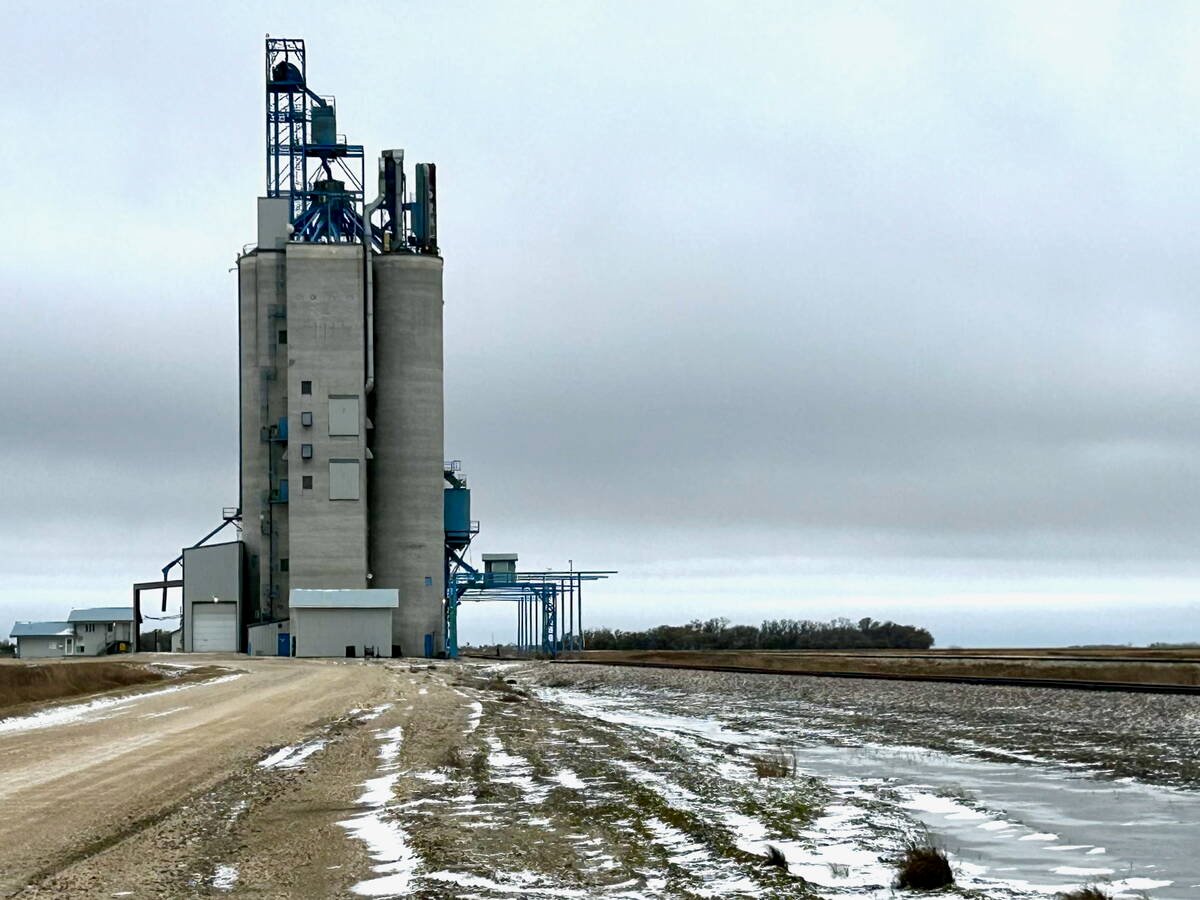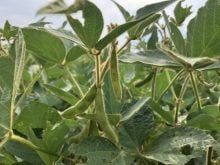CHICAGO, Ill. (Reuters) — The U.S. Environmental Protection Agency says farmers can use some existing supplies of herbicides based on the chemical dicamba, despite a recent federal court ruling that halted their use.
The decision is a win for farmers who planned to use dicamba products sold by Bayer, BASF and Syngenta on genetically modified soybeans and cotton during the summer growing season, and for the agrichemical companies.
Environmental activists have objected to dicamba herbicides because they are known to drift away and damage other crops that are not resistant.
Read Also

Manitoba grain elevator ownership expands
Carman-based Linear Grain buys Fannystelle elevator from Bunge, another three elevators sold to Morden’s BP & Sons Grain and Storage Inc.
However, farm groups had warned that the court ruling, if fully enforced by the federal government, could financially hurt growers who will plant their next crops in the spring.
The groups had said most growers had already determined which crops and chemicals they will use and may struggle to shift away from dicamba herbicides or crops that tolerate the chemical.
“We are very appreciative of EPA’s decision to let us get through the 2024 growing season by using any product already in the delivery pipeline,” said Josh Gackle, president of the American Soybean Association and a North Dakota soybean farmer.
Earlier this month, U.S. District Court judge David Bury in Arizona vacated the EPA’s registrations of dicamba-based herbicides from 2020, saying the agency violated procedures mandating public input. The ruling affected Bayer’s XtendiMax, BASF’s Engenia and Sygnenta’s Tavium, commonly used herbicides on U.S. farms.
Bayer soybeans that resist dicamba-based herbicide are the second most-planted soybeans in the United States, though not all are sprayed with the chemical. Bayer and Syngenta welcomed the EPA’s decision to let farmers use existing supplies.
The EPA said Feb. 14 it authorized the sale and distribution of dicamba products “that were already in the possession of growers or in the channels of trade and outside the control of pesticide companies” before the court ruling on Feb. 6.
The agency “received ample evidence that millions of gallons” of dicamba products meant to be sprayed on crops had already entered trade channels, according to a statement.















